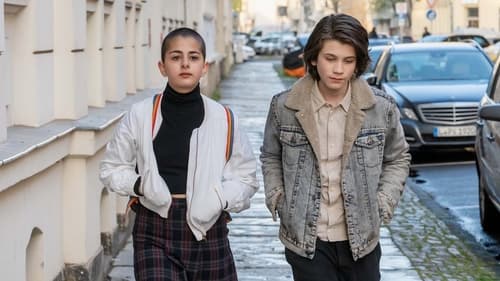
Editor
In EVOLUTION, acclaimed filmmaking team Kornél Mundruczó and Kata Wéber (PIECES OF A WOMAN) return with a powerful drama tracing three generations of a family, from a surreal memory of World War II to modern day Berlin, unable to process their past in a society still coping with the wounds of its history. Like the water that connects the episodes in this triptych, memory and identity are fluid, and how we relate to it can drown or buoy. The pain and stigma that trickles from Eva, to Lena and then Jonas is inexpressible, yet rendered with striking imagery by Mundruczó and a wrenchingly poignant yet acerbically ironic and personal script by Weber. While generational traumas find new expression in the present, the family in EVOLUTION looks towards a more hopeful future
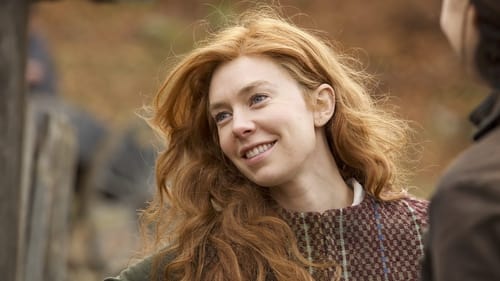
Editor
In 1856, two women forge a close connection despite their isolation on the American frontier.
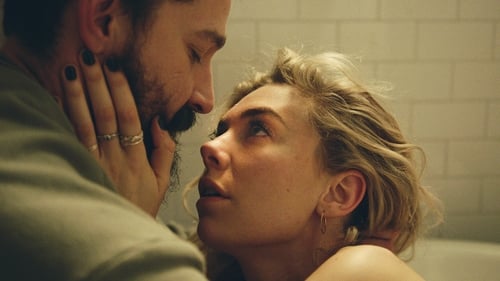
Editor
When a young mother's home birth ends in unfathomable tragedy, she begins a year-long odyssey of mourning that fractures relationships with loved ones in this deeply personal story of a woman learning to live alongside her loss.

Co-Producer
Eszter, 16, is secretly in love with her English teacher, while Peter, also 16, is hopelessly in love with Eszter. One day, the teacher announces that he is leaving the school to move to London. That same day, Eszter receives a farewell e-mail message from him. An online affair begins and spirals into sexual abuse.
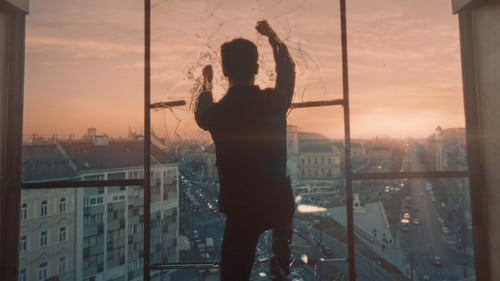
Editor
医療ミスによる訴訟で病院を追われた医師シュルテンは、難民キャンプで働きながら違法に移民を逃すことで賠償金を稼いでいた。ある日、被弾し瀕死の重傷を負った少年が運び込まれるが、シュルテンは少年が空中を浮遊する力のあることを発見し、彼を連れてキャンプを抜け出し一儲けしようと企むのだったが・・・。
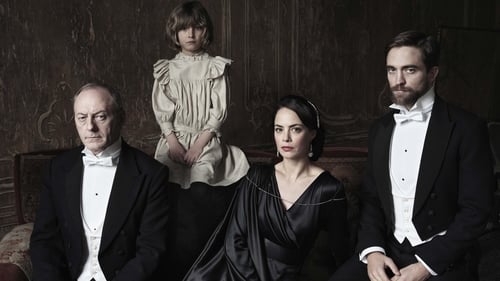
Editor
第1次世界大戦終結直前の1918年。敗戦国ドイツに多額の損害賠償金を強いるヴェルサイユ条約の締結のため、アメリカ政府のひとりの高官が、年の離れた若くて美しい妻、そして、金髪を長く伸ばし、まるで少女と見まがうような美しい少年を伴って、フランスへとやって来る。息子の養育を妻にすっかり任せ、父親が国際会議に忙しく飛び回っている間に、少年は、教会への投石など、不可解で反抗的な態度をどんどん募らせていく。
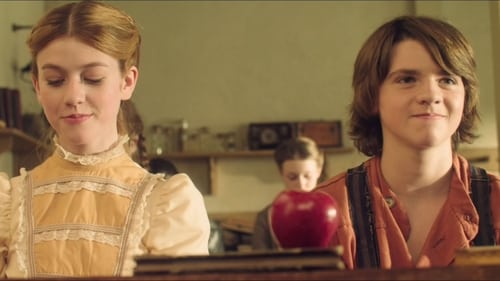
Editor
19世紀半ば。ミシシッピー川沿いの田舎町に住む少年トム・ソーヤーは、ある日の深夜、親友ハックルベリー・フィンと共に猫の死骸を埋めに墓場へ向かうと、偶然インジャン・ジョーが殺人を犯す現場を目撃してしまう。これは二人だけの秘密にしておこうと約束するトムだったが、冤罪で死刑判決を受けたマフを救うため、真犯人を告げに裁判所へ向かう。しかし、トムが証言を行う最中、ジョーが逃げ出しこの町から姿を消してしまった。その後、宝探しで幽霊屋敷に潜り込んだトムとハックは、姿をくらましていたジョーが莫大な財宝を運び出すところを目撃する…。
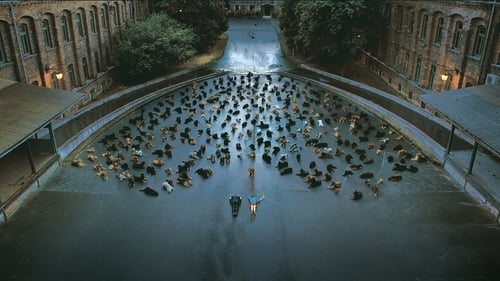
Editor
Failing in his desperate efforts to find his beloved owner, an abandoned dog eventually joins a canine revolt leading a revolution against their human abusers.

Editor
Alice and Mary were classmates in the county town high school. After graduation, they’ve separated: Mary went to college, while Alice felt in love and stayed in the grange. They meet at Alice's wedding, but Alice receives her friend reservedly: she reckons herself as a victim, and Mary as the symbol of the life she has been deprived of.
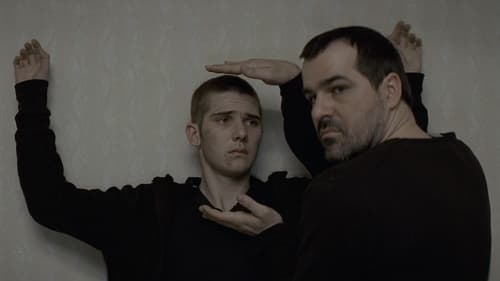
Editor
A boy returns home from the institution where he grew up, but finds he is not welcome there. He fights to win the love of his family but ends up murdering them.
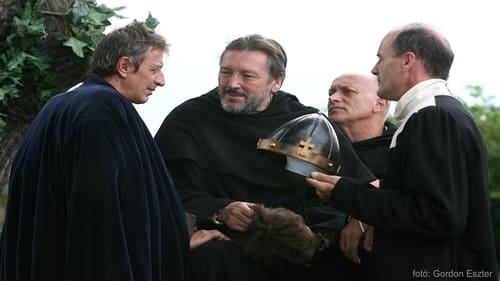
Editor
Concerning the Mátyás era in Hungarian history, during the reign of Matthias Corvinus (1443–1490), the film focuses on three eras of the king's life: the young Mátyás fights for the throne, the older Mátyás as king, and the fate of the royal crown and the royal heir after his death.

Editor
A man comes home to meet his mother and sister after many years away. He finds his mother living with a new boyfriend, and his sister to be grown-up. He begins to settle down in this new place by building a new home for himself on the delta. But when his sister moves in with him and the two begin a romance, there are tragic consequences.
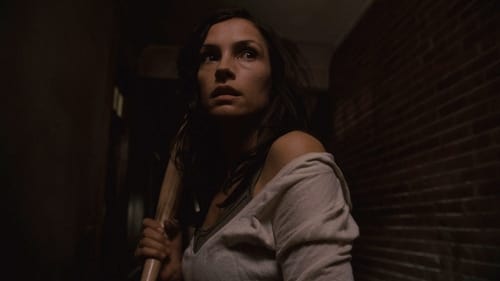
Assistant Editor
After Marnie Watson kills her abusive husband in self-defense, she is condemned to house arrest... only to discover that the house is possessed by the enraged and violent spirit of her dead husband.

Editor
Jancsó’s farce, similar to the previous ones, is about our time and about death. Pepe marries into a family of mafiosi, with the father-in-law rolling in money. In a joint venture they establish the first Hungarian Prison Limited company, where there is a menu, the prisoners are residents, and they furnish the place of execution for those volunteering to execute themselves. It turns out that the first voluntary hanging should be demonstrated on Pepe. In 180 AD Emperor Marcus Aurelius is dying in Vindobona, being fed with blades of hay by uncle Miki himself, and his son Kornél Mundruczó. Kapa provides for communication: he insists on telling lies, lies and again lies. Furthermore, there are several to die and to revive, to win and to lose, and Melancholy Béla is still alive.

Self
Two rabbis show the ruins of an abandoned synagogue to a group of primary school-age Jewish children, and stand by as the children dip bread in honey, drink wine, pray, and sing.













